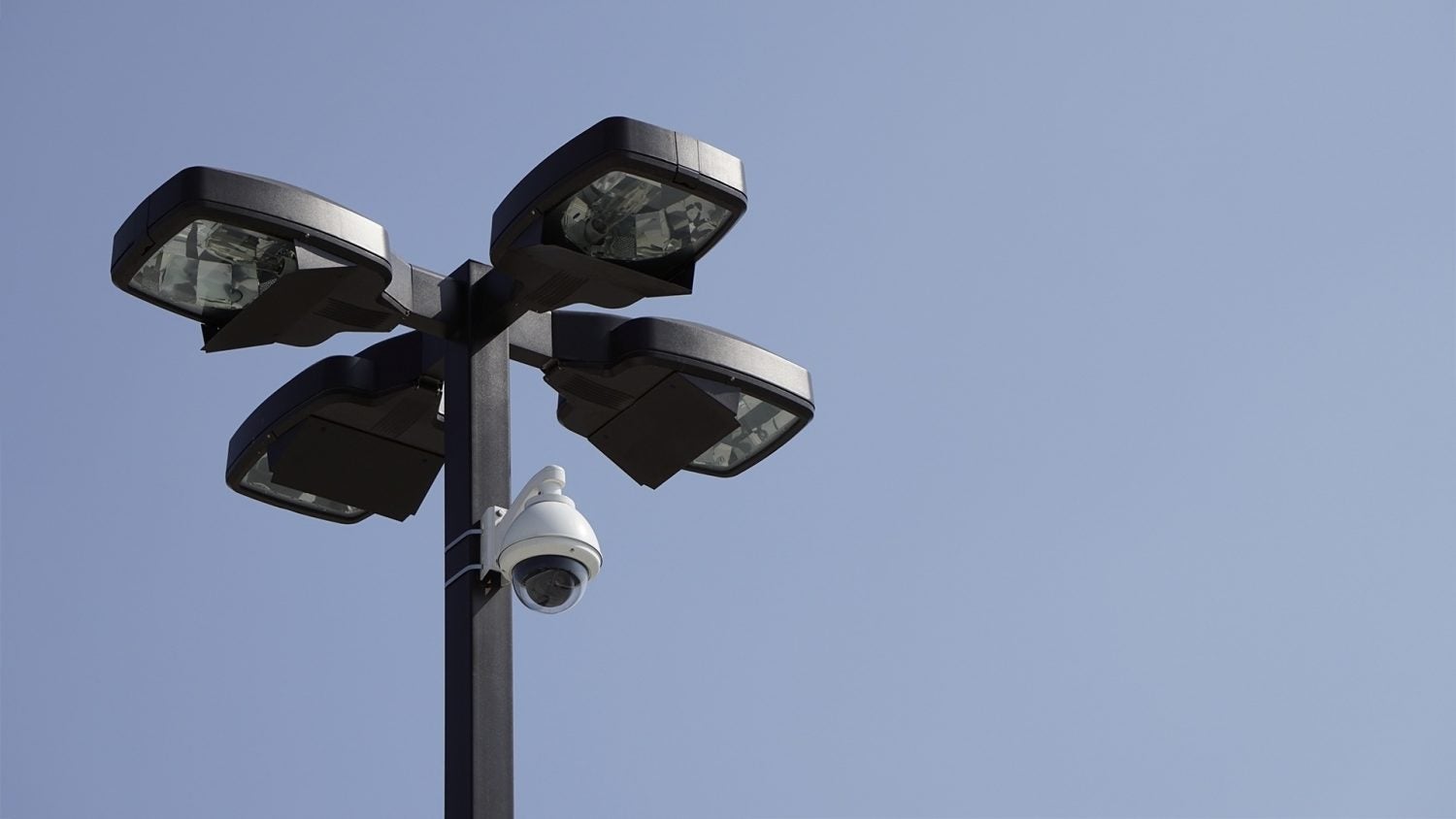You’ve probably seen movies and TV shows when a group of police officers stand around a surveillance tape and one of them exclaims, “Wait! Take a closer look at him! Improve the picture!” How does the grainy and unclear film suddenly transform into an exact, crystal-clear depiction of the perpetrator? The investigation is ended once they identify the suspect and bring him in for questioning.
That’s a complete fabrication, we can tell you that. A closer look at the grainy video from the analog security camera will only make it more blurry and grainy. But there’s hope! IP cameras are a sign that we are really in the future. Analog CCTV video doesn’t have to be the same low-resolution, hard-to-focus pictures it used to be.
It’s not cheap, however. It’s not a figurative price tag like “your soul,” but a definite monetary sum. As a result, you’re forced to inquire… Is it time to board the IP bullet train? To help you make an informed decision about whether an update is worthwhile, we’re here to provide you with the IP vs analog cameras lowdown. So, if you are wondering in the search for a PTZ camera IP, what is the difference between IP and analog cameras? It’s important to know what the pros are for each. What’s the best option for you? Examine the differences between IP cameras and analog cameras below.
What’s An IP Camera And How Is It Different From Analog?
There are two types of digital video cameras: those that use IP (Internet Protocol) for transmission and those that use DVRs (Digital Video Recorders) for storage. There are several advantages to this:
- Image Quality:
The finest analog security camera can’t compete with the poorest IP camera in terms of picture quality. In contrast to an analog camera system, which can only capture images with a pixel-level resolution, the megapixel camera is only as good as the number of megapixels it can capture. If you’re looking for high-quality surveillance, you’ll be hard-pressed to find a better camera than an Everfocus. This means that a single camera from an IP network may potentially replace three to four old-school analog cameras, making it easier to keep an eye on your property.
- Video Analysis:
To put it another way, you may instruct your network to mark “events” that happen inside the cameras’ area of view. Motion detection, missing items, or camera manipulation are all possibilities. In place of having to go through hours of film, your network will be able to tell you precisely when and where these occurrences took place.
- Expansion Capacity and Adaptability
To use a typical analog DVR setup, each camera has to be wired directly into the DVR itself. The difference between IP and analog cameras is that IP cameras are able to get around this limitation by making use of switches. These switches enable groups of cameras to be linked to a single switch, which in turn runs a single cable to the NVR (Network Video Recorder). As a result, this minimizes the number of cabling lines, making it less labor-intensive and allowing you to attach more cameras since your DVR no longer has a restricted number of ports. With a PoE (Power over Ethernet) switch, you don’t need to buy a separate power source for your camera since your Cat 5e or Cat 6 connection can do both.
It’s critical to examine the differences in operation between IP vs analog cameras while making this comparison. What is the difference between them?
- A DVR or VCR is used to record footage from an analog camera.
- The signal is sent digitally via an IP camera.
There are also significant differences in the quality of images captured by IP cameras as opposed to analog cameras. The encoders used by IP cameras compress the picture while it is being captured, resulting in little image quality loss. Analog cameras, on the other hand, compress pictures and video in a different way, which has a significant influence on the image quality.
Benefits Of IP Cameras
IP cameras use an IP (Internet Protocol) network to receive and transmit video data. IP cameras provide a slew of benefits.
As a result of the advancements in technology, IP cameras now provide more control and configuration options than ever before.
In addition,
- Video and picture output are of higher quality. Clearer, better-quality photos and videos are produced by IP cameras compared to standard cameras. The reason for this is that they are able to record and stream in 4K, and the use of at-point compression ensures that the quality of the images is maintained.
- Analog cameras can only cover a limited region.
- Expansion of your network is simple and rapid.
Benefits Of Analog Cameras
What are analog cameras? Analog cameras function in the same way that video cameras do. However, they must be linked to a DVR or VCR recorder in order to be functional. Coaxial cable is used to transmit footage from the camera to the VCR or DVR for storage.
There are several benefits to using analogue cameras. The simplicity and low cost of analog camera systems make them a popular choice for home security applications. Cameras using analogue film sensors include:
- 4K video recording is supported.
- Setup and usage are both simple.
Which Is Better For You: Analog Or IP PTZ Camera?
Should you go with IP or analog CCTV cameras for your surveillance needs? It all boils down to how much money you have to spend, your own preferences, and the task at hand when it comes to utilizing the camera.
The IP PTZ cameras provide superior picture and video quality, making them the overall superior choice among the available options. In addition, they don’t need as many cables, and they’re simple to set up and utilize. Transporting your video to video apps or streaming services is also made simpler by modern technologies.



















